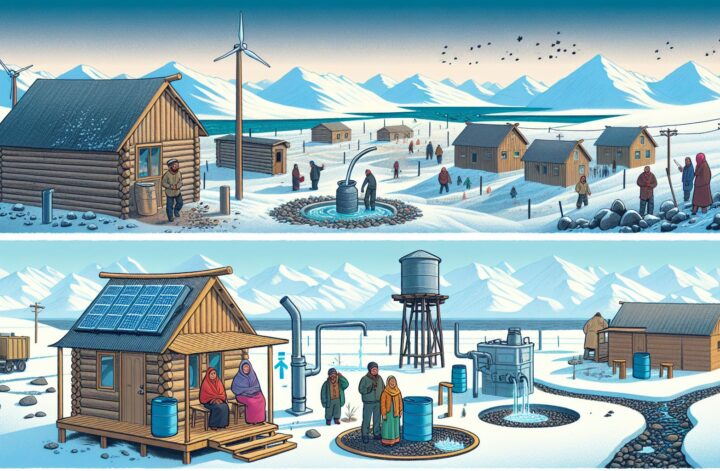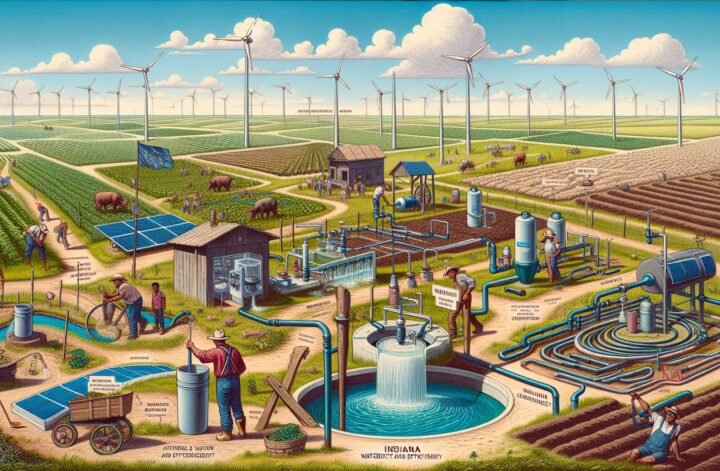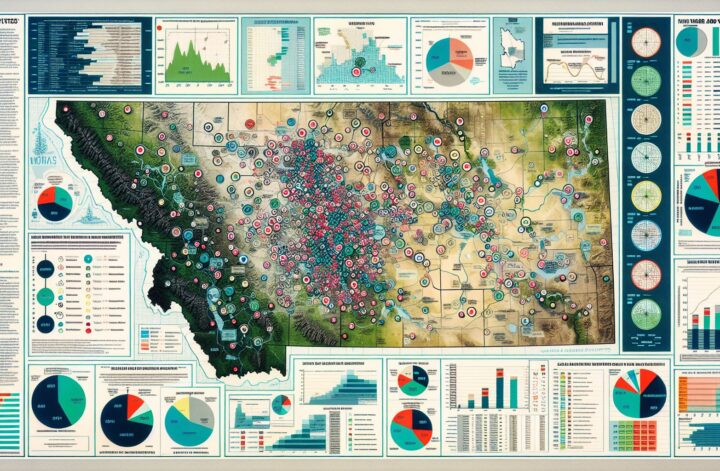Nebraska, the Cornhusker State, is predominantly rural, with vast expanses of farmland and small towns spreading across its 77,000 square miles. Ensuring accessible, clean, and reliable water and wastewater systems for these rural communities presents unique challenges and opportunities.
Nebraska relies on its water resources for various sectors, but arguably none more so than its agriculture. This industry alone accounts for a staggering 80% of the State’s water use, as cited in a report from the Department of Natural Resources. Therefore, the management, allocation, and conservation of these resources, particularly in rural areas, are of critical concern.
Managing water and wastewater systems in rural Nebraska has considerable challenges. Infrastructure needs are immense, with many rural water systems now aged and hence dynamic to leakage and water loss, not to mention the potential threat of water contamination. These challenges are further complicated by the vast area to be serviced, the sparsity of the population, and the limited financial resources available by rural municipalities to invest in upgrades and improvements.
According to a report by the Nebraska Rural Water Association, many small communities must upgrade their wastewater treatment facilities to ensure compliance with increasingly stringent federal and state water quality standards. Thus, addressing infrastructure, regulatory, and finance in a comprehensive way is crucial for the viability of our rural water and wastewater systems.
However, these challenges present equally significant opportunities. Technological innovations, like the use of remote monitoring systems and modern engineering techniques, can help extend the lifespan of existing infrastructure. Moreover, renewable energy technologies could be utilized to help offset the electrical costs associated with running these systems, significantly decreasing daily operational costs.
Furthermore, various state, federal, and private programs and funding sources are available to assist rural communities with their water and wastewater management needs. For instance, the Nebraska Department of Environment and Energy runs The Drinking Water State Revolving Fund (DWSRF) program. It provides low-interest loans to municipalities to finance infrastructure improvements, guaranteeing clean and reliable drinking water supplies.
Managing rural water and wastewater systems in Nebraska is undoubtedly a challenge that requires innovative management strategies, sound infrastructure investment, and commitment from all stakeholders. With the right approach, Nebraska can ensure its rural communities continue to thrive, with access to clean, reliable water and efficiently managed wastewater systems.
Sources:
– Nebraska Department of Natural Resources
– Nebraska Rural Water Association
– Nebraska Department of Environment and Energy




